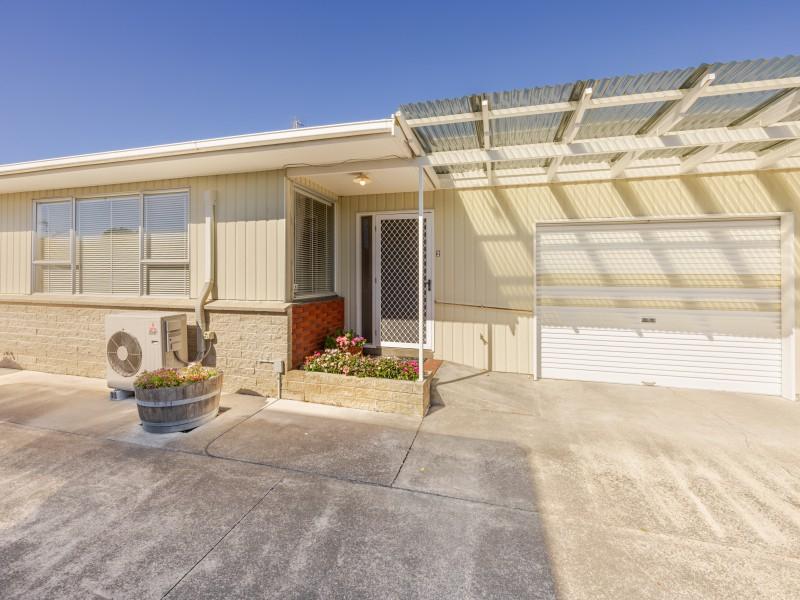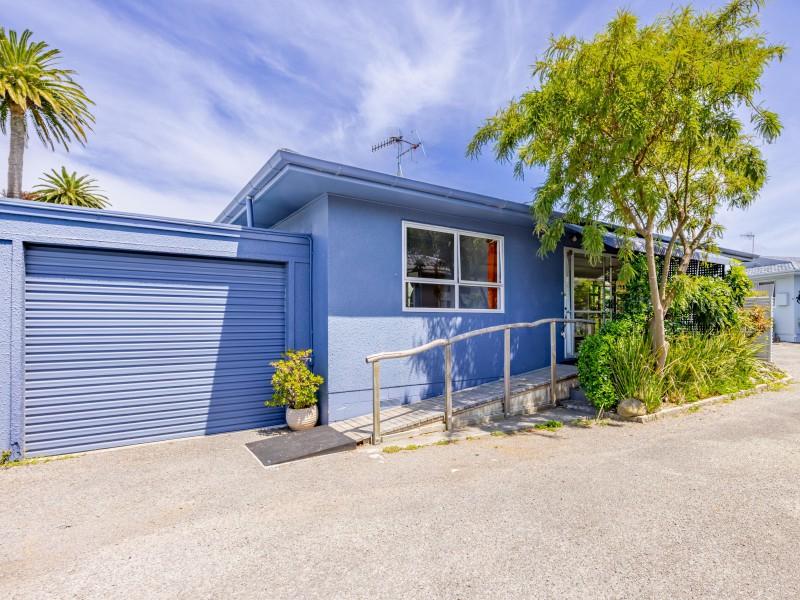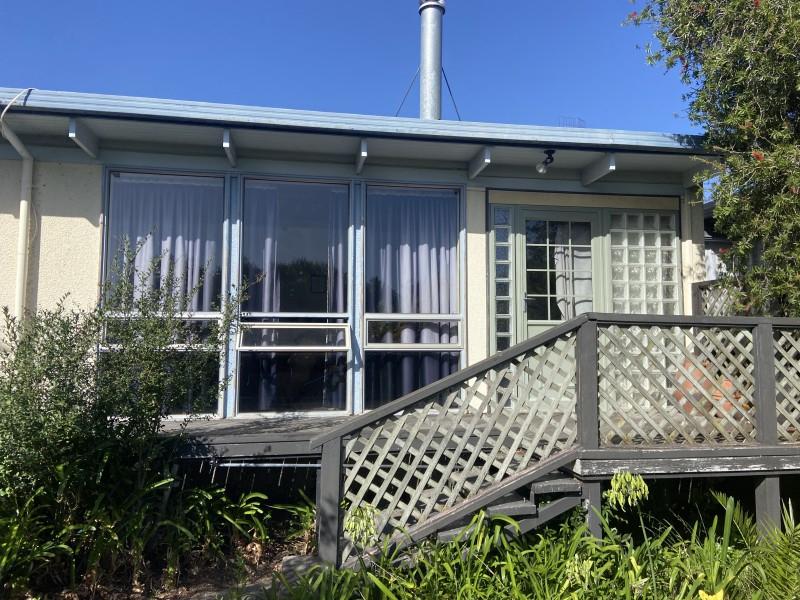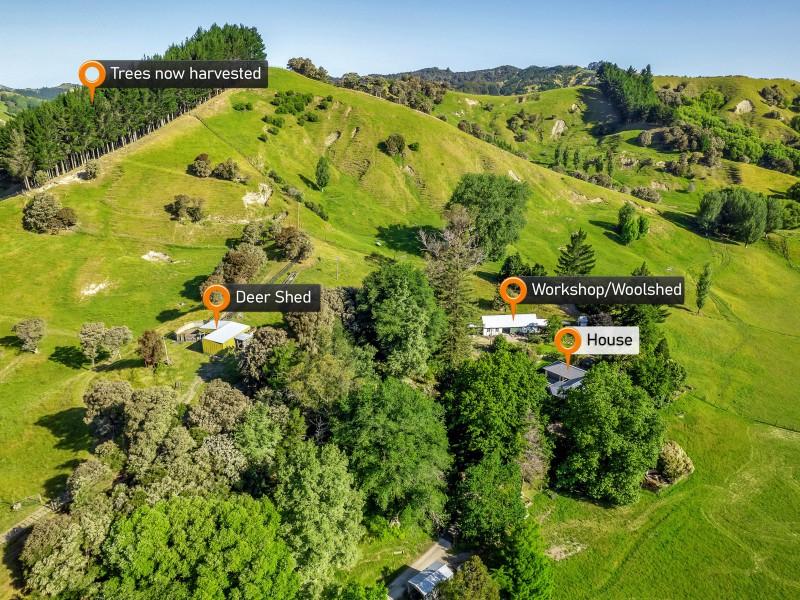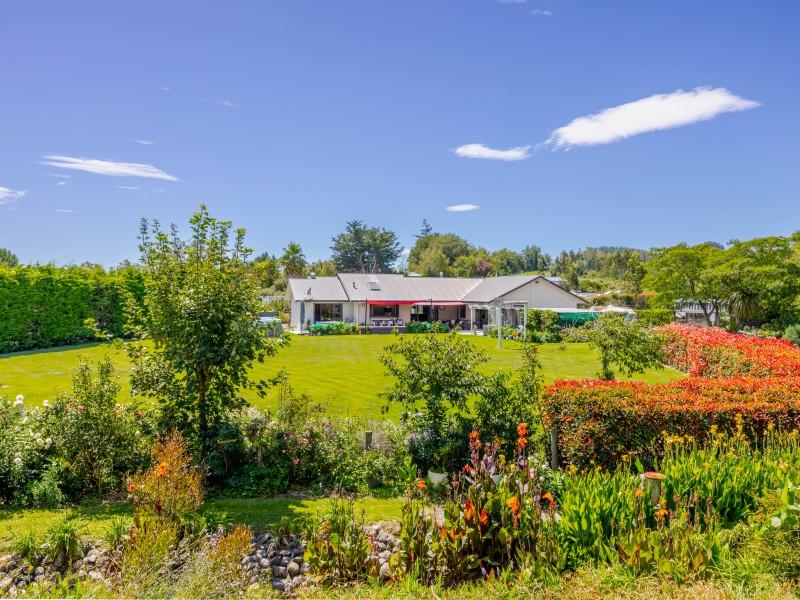Abaca: The Queen of Natural Fibres
Abaca is a natural leaf fibre that comes from a relative of the banana tree family native to the Philippines that grows throughout tropical regions. It is also called Manilla hemp, though it is not related to actual hemp.
Abaca has great economic importance and is harvested for its strong, versatile fibre. Being regarded as the strongest natural fibres in the world, abaca can be put into various modern sophisticated technologies like the automobile industry and as a raw material for other important industries such as textiles, fashion, and the décor/furnishing industry.
Abaca is commonly used by the paper industry for such specialty uses such as tea bags, banknotes, filter papers and in medical filter sheets. While it is currently used mostly in paper products, abaca has a long history in textiles. Abaca fabric has a stiff quality and holds its structure (it is considered a hard fibre and is comparable in texture to sisal and coir). It has a very long fibre length and is one of the strongest fibres - flexible, durable, and highly resistant to saltwater damage. For these reasons it has been used over time for rope and cording. It can also be woven into home and fashion accessories including wall coverings, rugs, tapestries, and bags. It can be used to make handcrafts such as hats, bags, carpets, clothing, and furniture.
Abaca is generally considered to be a sustainable, environmentally friendly fibre that can empower communities. It has been identified by the United Nations as a “Future Fibre”. That said, not many standards and certifications are used for abaca, so transparency and doing your own due diligence around environmental and social impact are very important when sourcing. The Rainforest Alliance currently certifies some abaca farms.
The harvesting and extraction of fibre from abaca is painstaking process which involves many processes. Stripping and drying of fibres is either done manually or mechanically. After extraction, different grades of fibres are obtained which are then accordingly used for different set of industrial activities.
The world's leading abaca producer is the Philippines. While the crop is also cultivated in other Southeast Asian countries, the second largest producing country is Ecuador, where abaca is grown on large estates and production is increasingly mechanized. Almost all abaca produced is exported, mainly to Europe, Japan, and the USA. Exports from the Philippines are increasingly in the form of pulp rather than raw fibre.
Keep reading: www.curtainclean.co.nz...
🧩😏 Riddle me this, Neighbours…
I am an odd number. Take away a letter and I become even. What number am I?
Do you think you know the answer?
Want to stop seeing these in your newsfeed? No worries! Simply head here and click once on the Following button.

Scam Alert: Bank cold calls
ASB is warning customers about reports of cold calls from scammers claiming to be from ASB. These scammers are trying to obtain personal information, including usernames, dates of birth, and verification codes sent to your mobile phone.
🛡️ The "Caller Check" Test
If you get a call from someone claiming to be from ASB and you’re unsure, just ask them for a Caller Check. You will then be able to verify the call through the app.
Remember, banks will:
❌ Never ask for your banking passwords, PINs, or verification codes
❌ Never need to know your full credit card number – especially the CVC
❌ Never ask you to download software or remotely access your device
❌ Never ask you to purchase gift cards or transfer funds.
If you have received a phone call and think your account has been compromised, call ASB on 0800 ASB FRAUD (0800 272 372), or visit your local branch.

Have you got New Zealand's best shed? Show us and win!
Once again, Resene and NZ Gardener are on the hunt for New Zealand’s best shed! Send in the photos and the stories behind your man caves, she sheds, clever upcycled spaces, potty potting sheds and colourful chicken coops. The Resene Shed of the Year 2026 winner receives $1000 Resene ColorShop voucher, a $908 large Vegepod Starter Pack and a one-year subscription to NZ Gardener. To enter, tell us in writing (no more than 500 words) why your garden shed is New Zealand’s best, and send up to five high-quality photos by email to mailbox@nzgardener.co.nz. Entries close February 23, 2026.

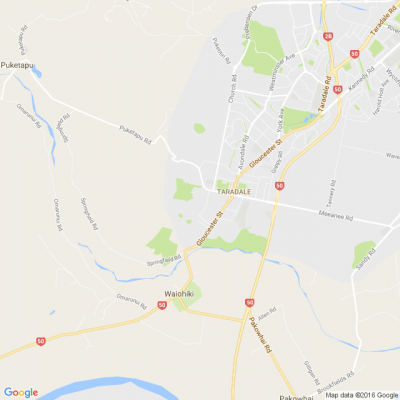
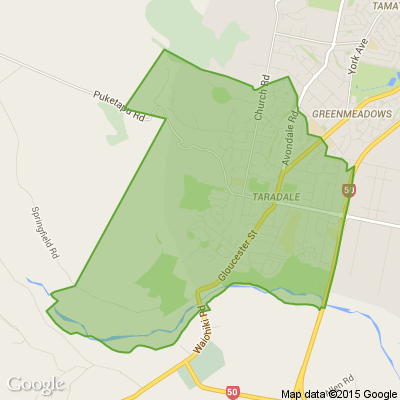




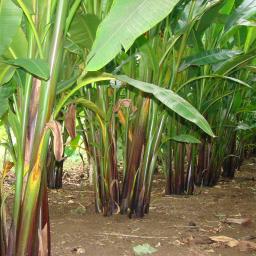
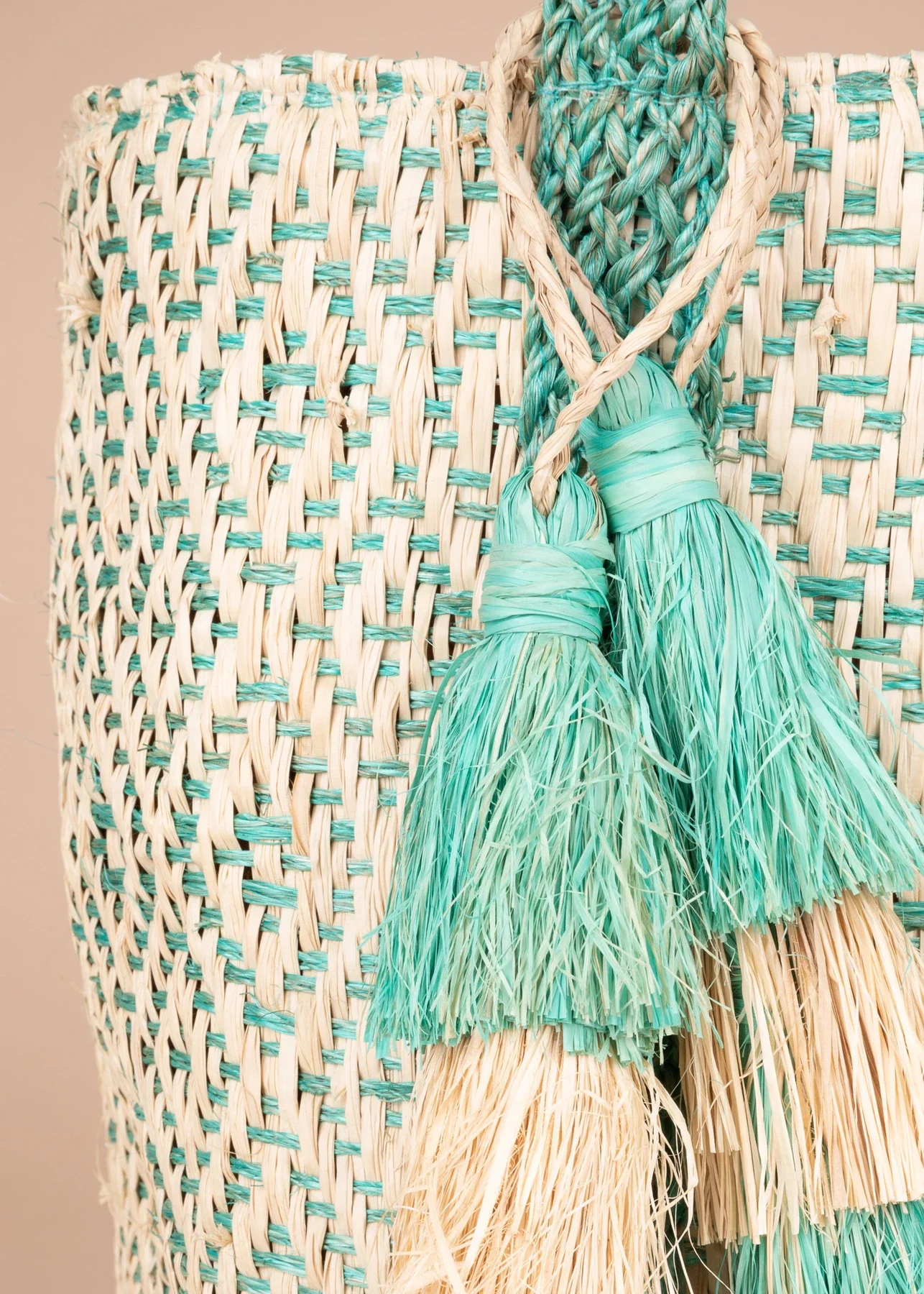
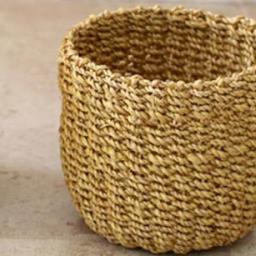
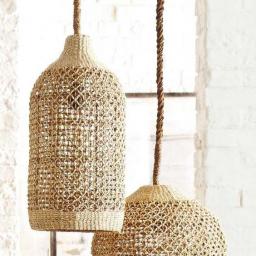
 Loading…
Loading…





